Method Development
Enhance your expertise in analytical sample preparation method development with expert-designed training. Learn to optimize solid phase extraction (SPE) by selecting the right sorbents, solvents, and elution strategies for cleaner samples. Explore filtration techniques to remove particulates and improve analytical accuracy. Discover the benefits of automation in sample preparation, increasing efficiency, reproducibility, and throughput. Understand key factors like sample matrix effects and recovery rates for reliable results. Designed for professionals in pharmaceutical, food safety, environmental, and forensic analysis, these courses include animations, webcasts, and expert tips. Start learning today to develop efficient, high-performance sample preparation methods for accurate analytical results.
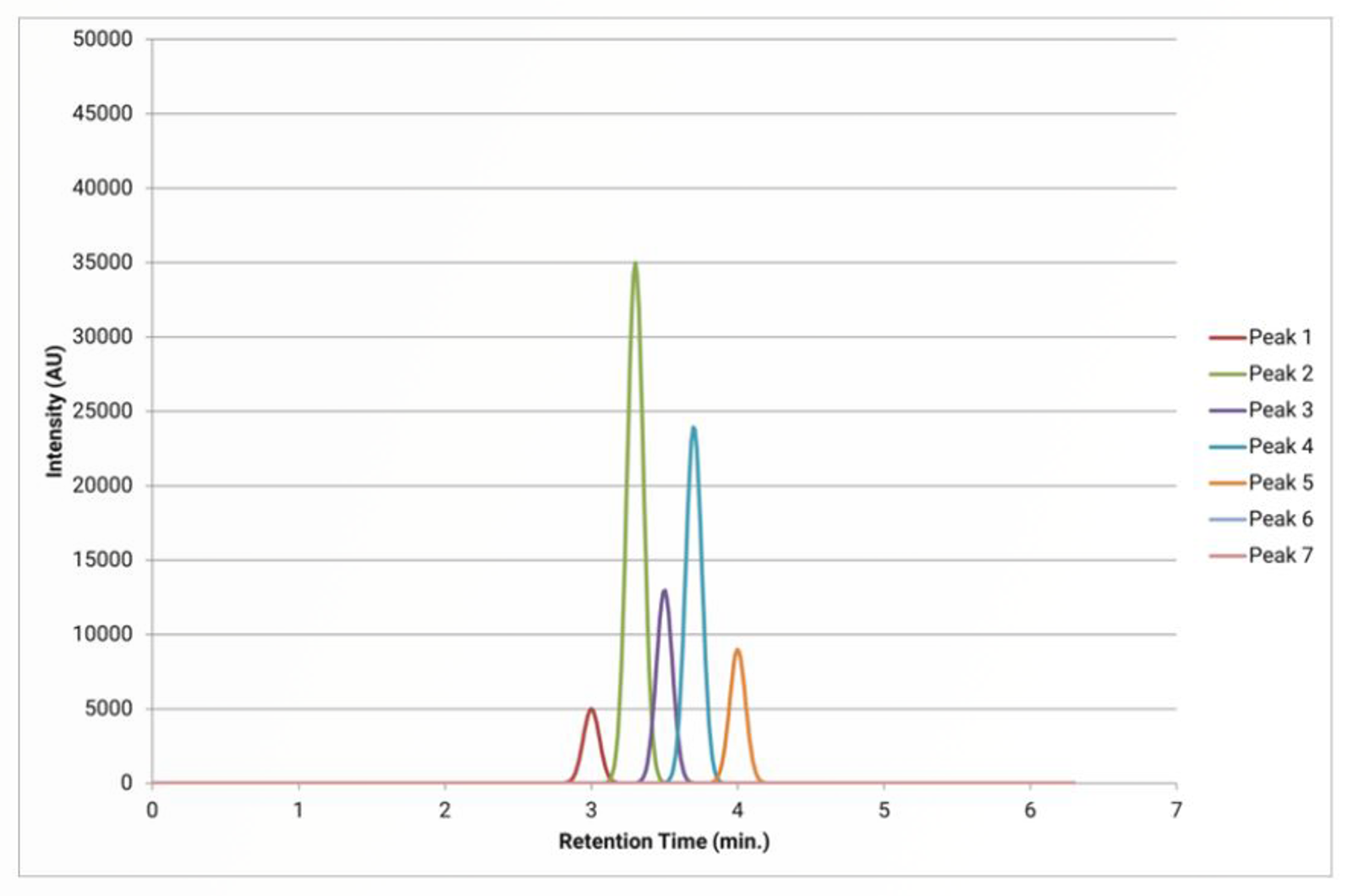
SPE Method Development Interactive Learning Tool
We look at a simple and structured approach to developing a reversed phase solid phase extraction (SPE) method. We’ve provided an interactive learning tool to allow you to evaluate different sets of conditions and see what effect they have on the resulting chromatogram.

CHROMtalks - Sample Preparation Techniques Used in LC Method Development
This talk will focus on sample preparation techniques used when developing an HPLC method.
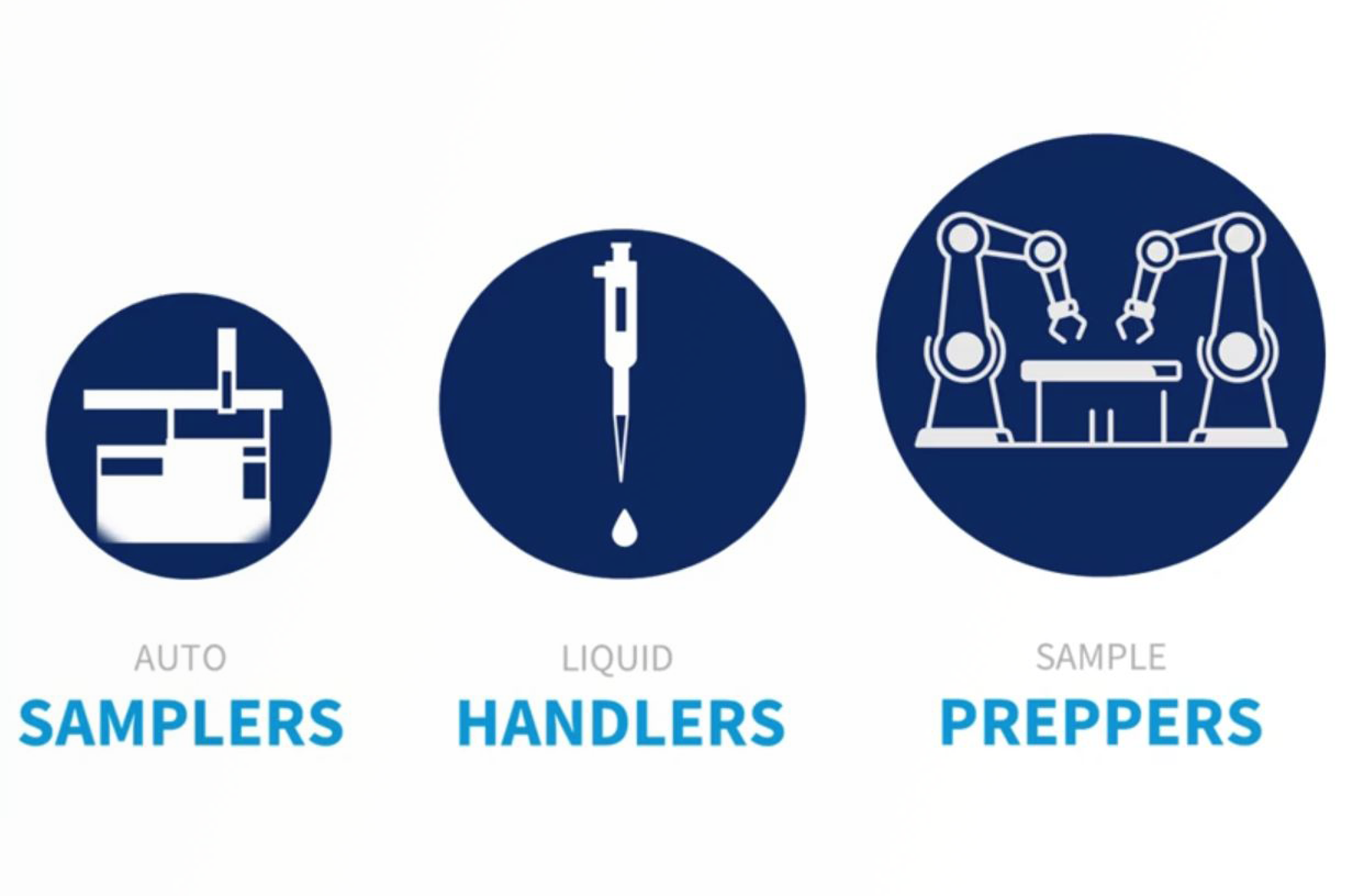
CHROMtalks - Elevating Analytical Excellence: Innovations in Method Development with Automated Sample Preparation (Part 1)
This two-part webinar series will give an overview of valuable tools to make your method development for sample preparation more effective and successful. It will set the background for understanding the advantages of implementing automated sample preparation and its synergy with other valuable analytical tools.
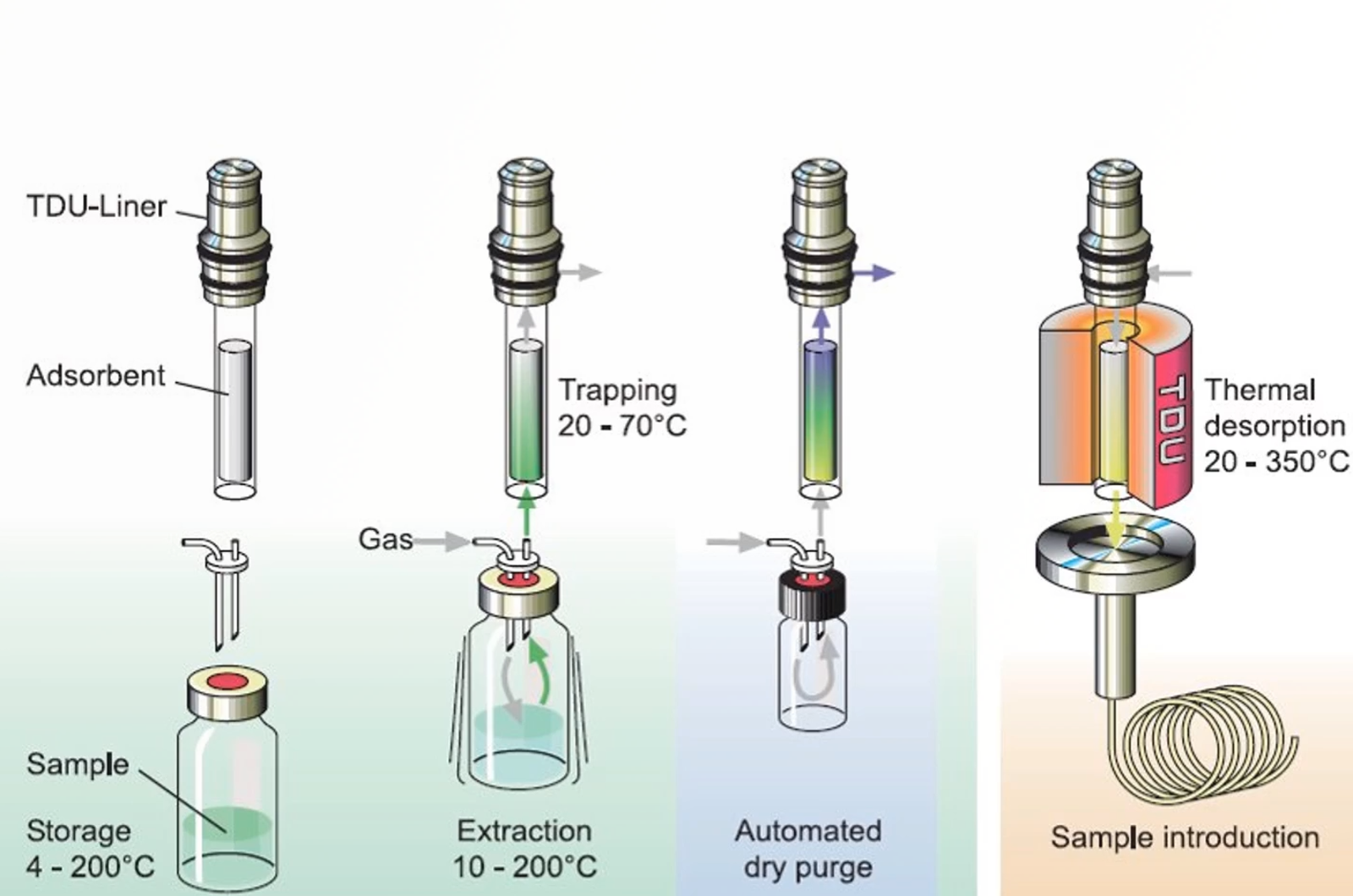
CHROMtalks - Elevating Analytical Excellence: Innovations in Method Development with Automated Sample Preparation (Part 2)
This two-part webinar series will give an overview of valuable tools to make your method development for sample preparation more effective and successful. It will set the background for understanding the advantages of implementing automated sample preparation and its synergy with other valuable analytical tools.
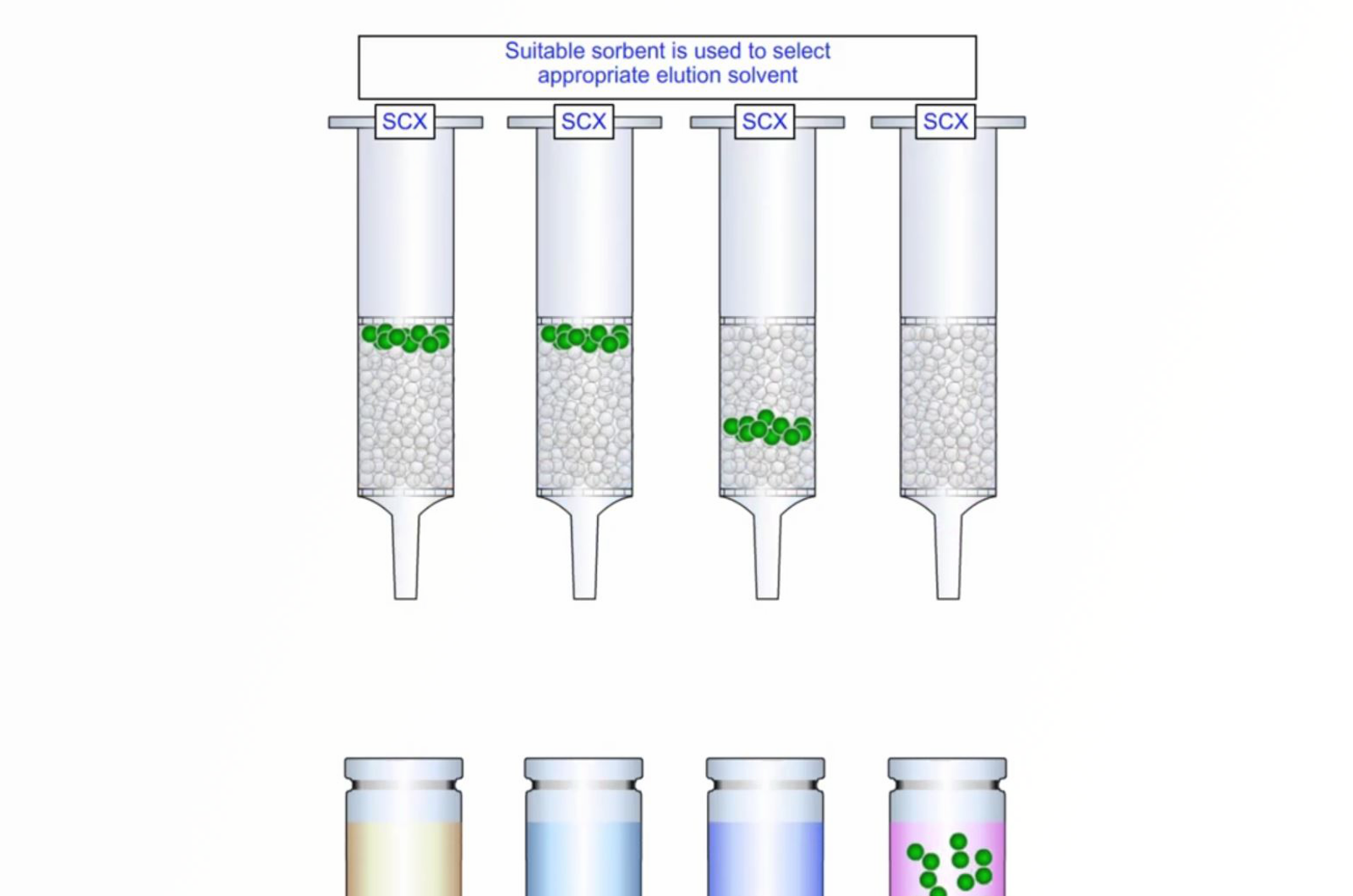
SPE Sorbent Screening
This quick guide considers sorbent screening in SPE. The screening process provides the flexibility of having multiple effective sorbent choices to ensure the cleanest extracts for the final protocol.
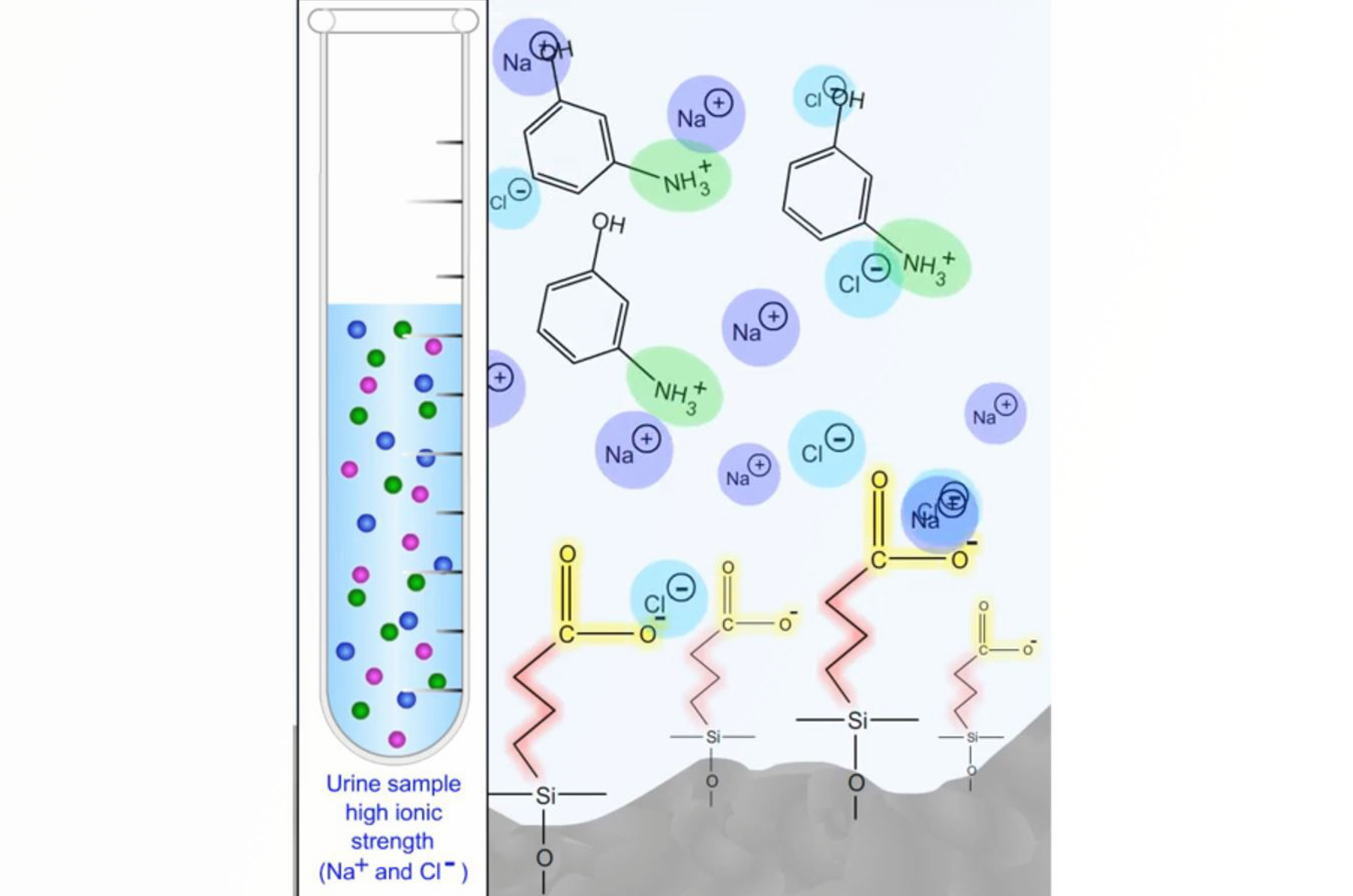
SPE Mechanism Selection
This quick guide will detail how to select the correct SPE extraction mechanism for your analyte(s).
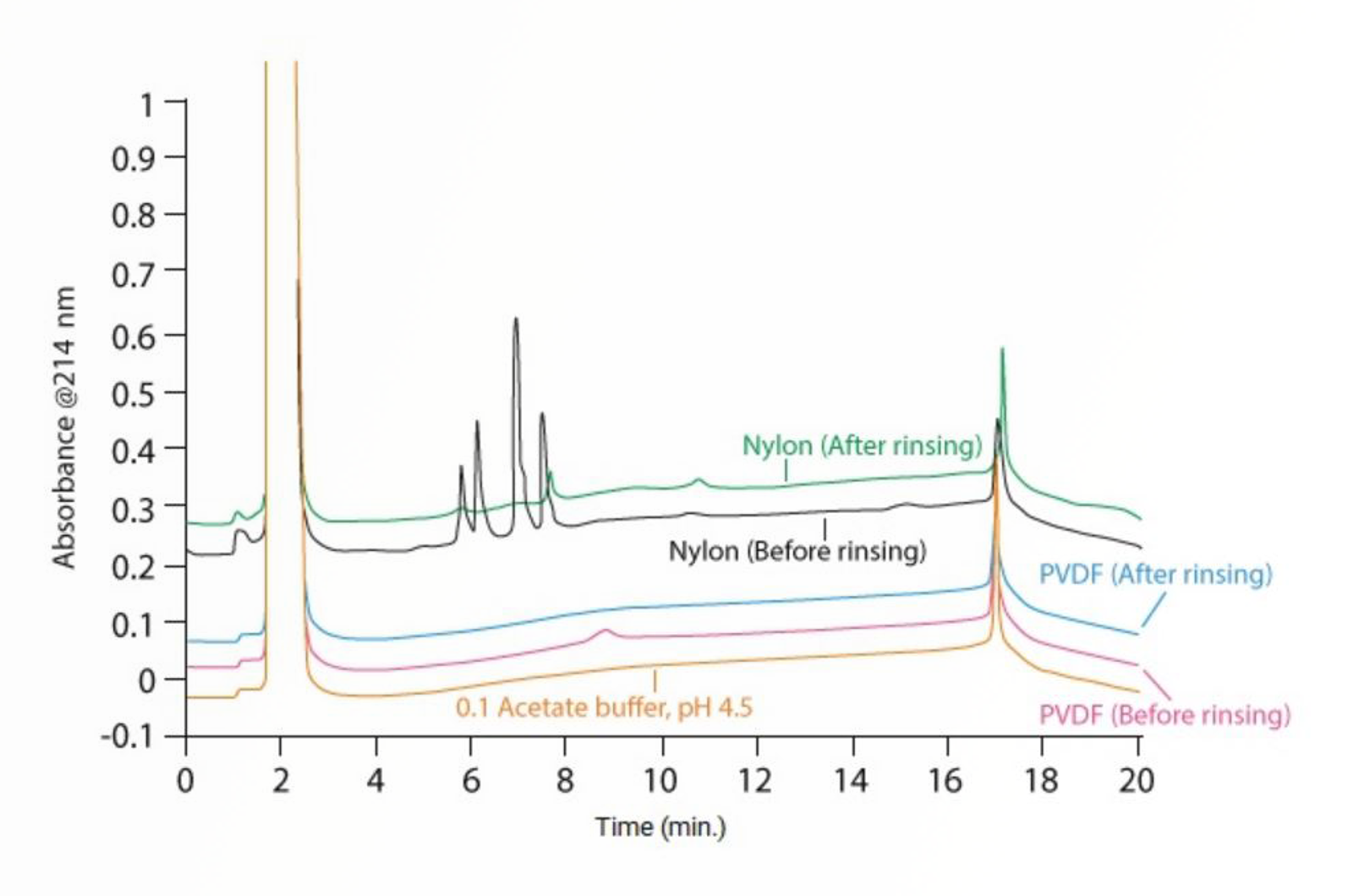
Optimizing Sample Preparation - Filtration
This quick guide will provides hints and tips for optimizing filtration using syringe end filters.
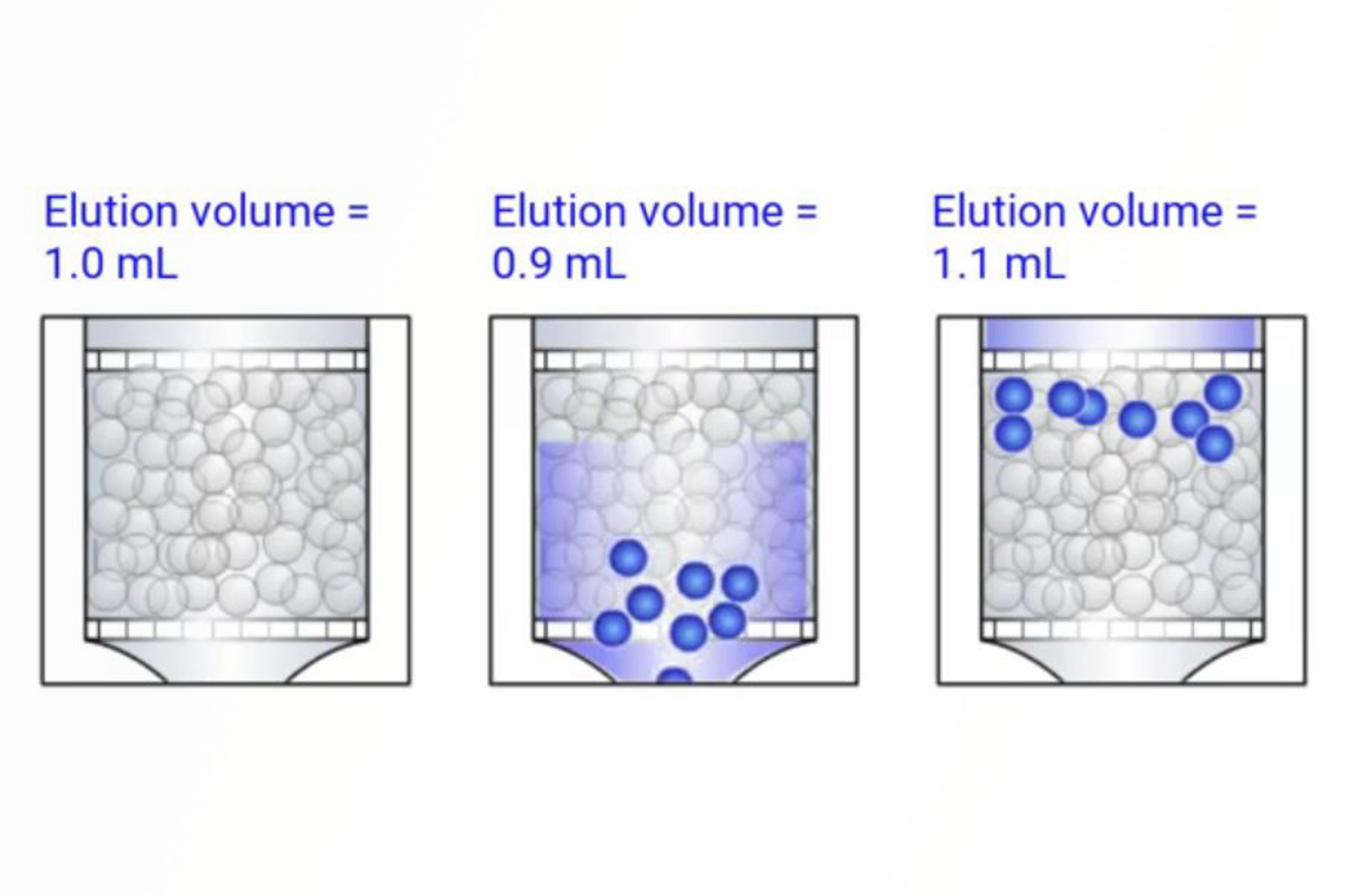
SPE Procedure Optimization
This quick guide focusses on optimizing SPE methods to to ensure that the final method is robust, rapid, and cost effective.
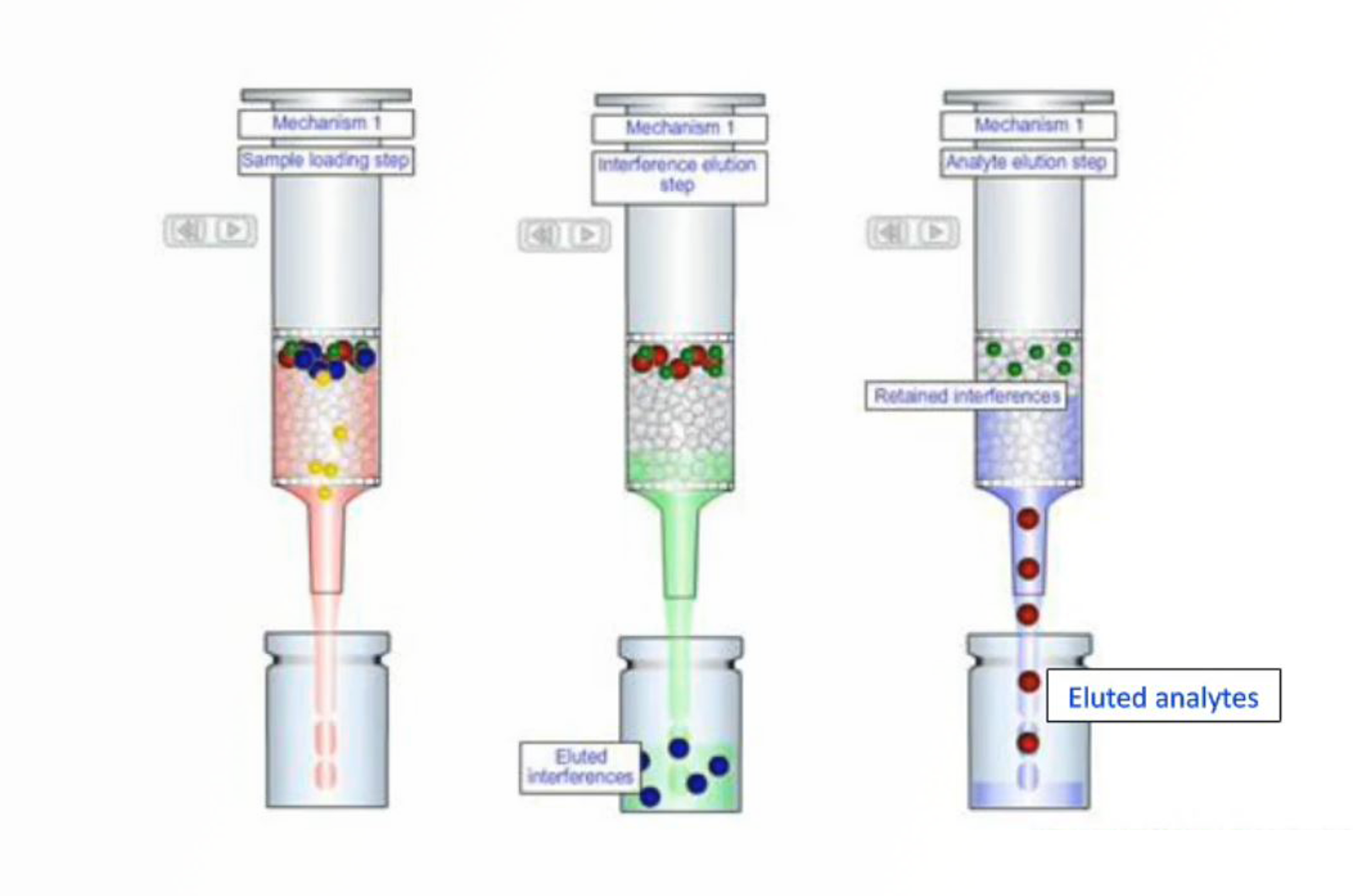
Understanding and Improving SPE
This webcast will help you to better understand how SPE works, the stationary phase chemistries which are available and which analytes they are applicable to, and how to avoid common pitfalls in order to improve your SPE method.
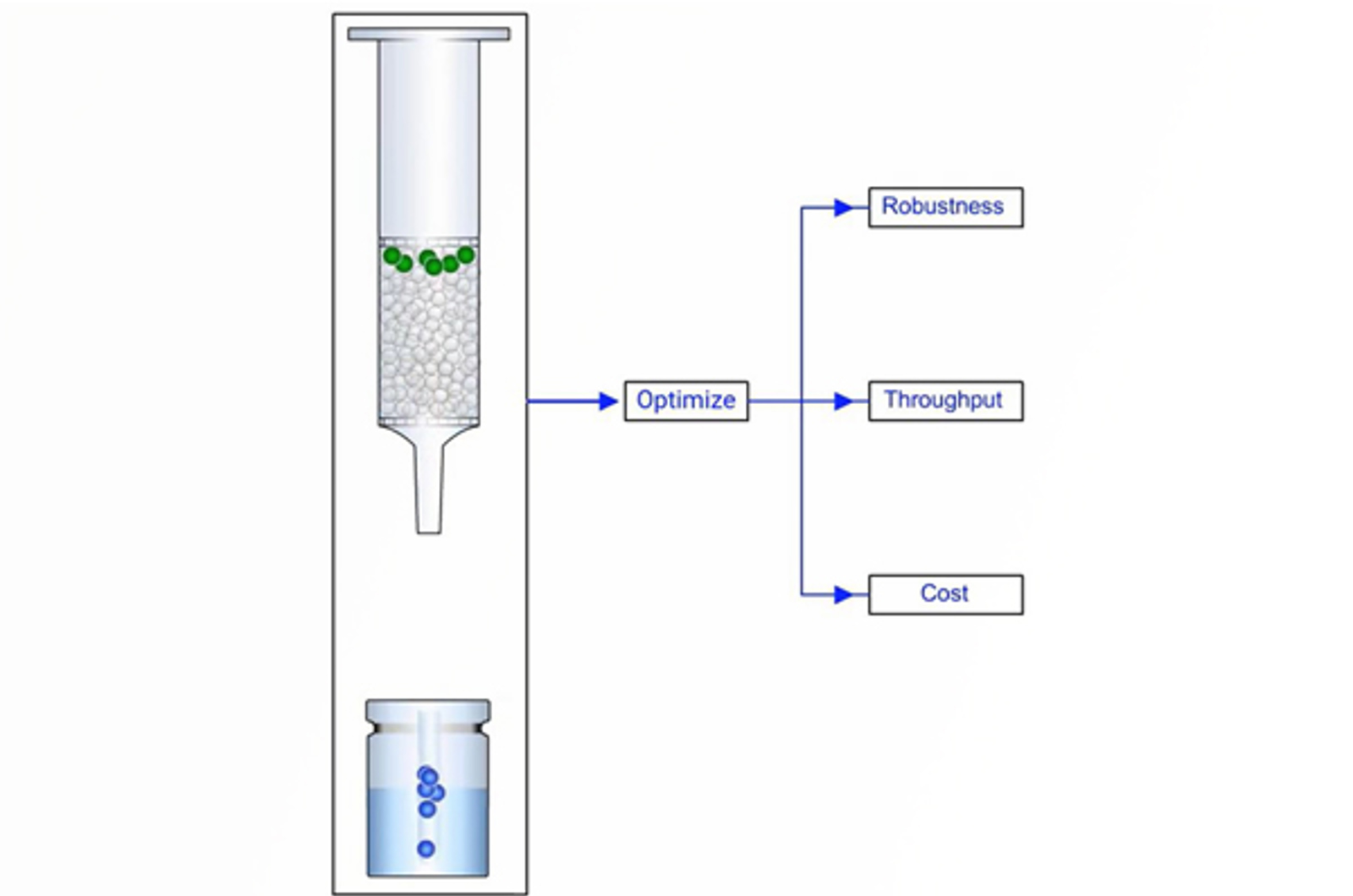
Top Tips to Improve Reproducibility and Sensitivity in Solid Phase Extraction
The material provided in this webcast will give you further insight into the fundamentals of SPE as well as the process of method development to best give a robust and sensitive method. We will give tips for improving both SPE reproducibility and sensitivity.
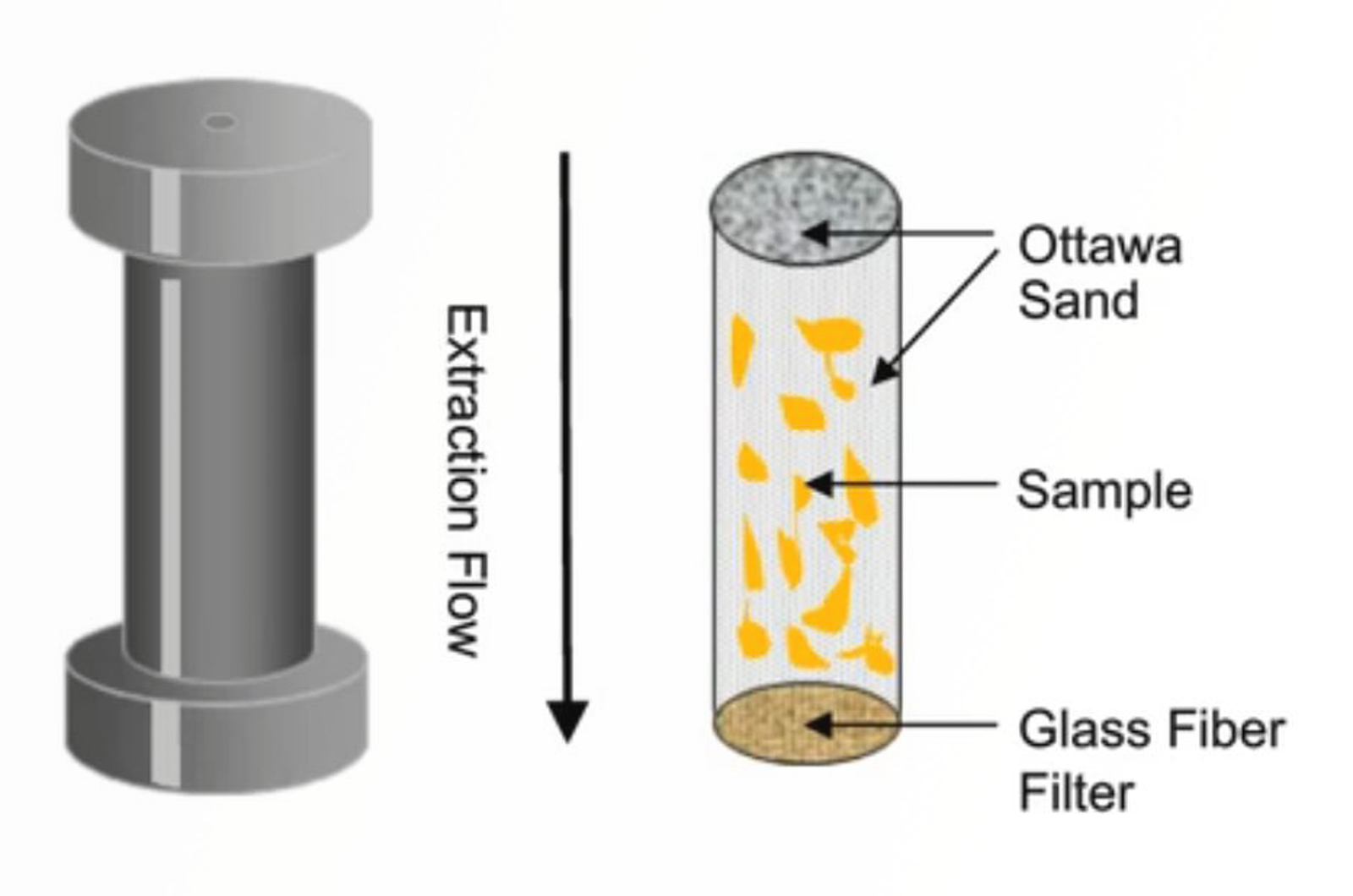
Improved Speed of Extractables Studies Using Accelerated Solvent Extraction and LC-MS
In this webcast you will learn the understanding and importance of extractables studies, as well as the fundamentals of accelerated solvent extraction (ASE). We will discuss the comparison of speed and efficiency of ASE versus soxhlet.
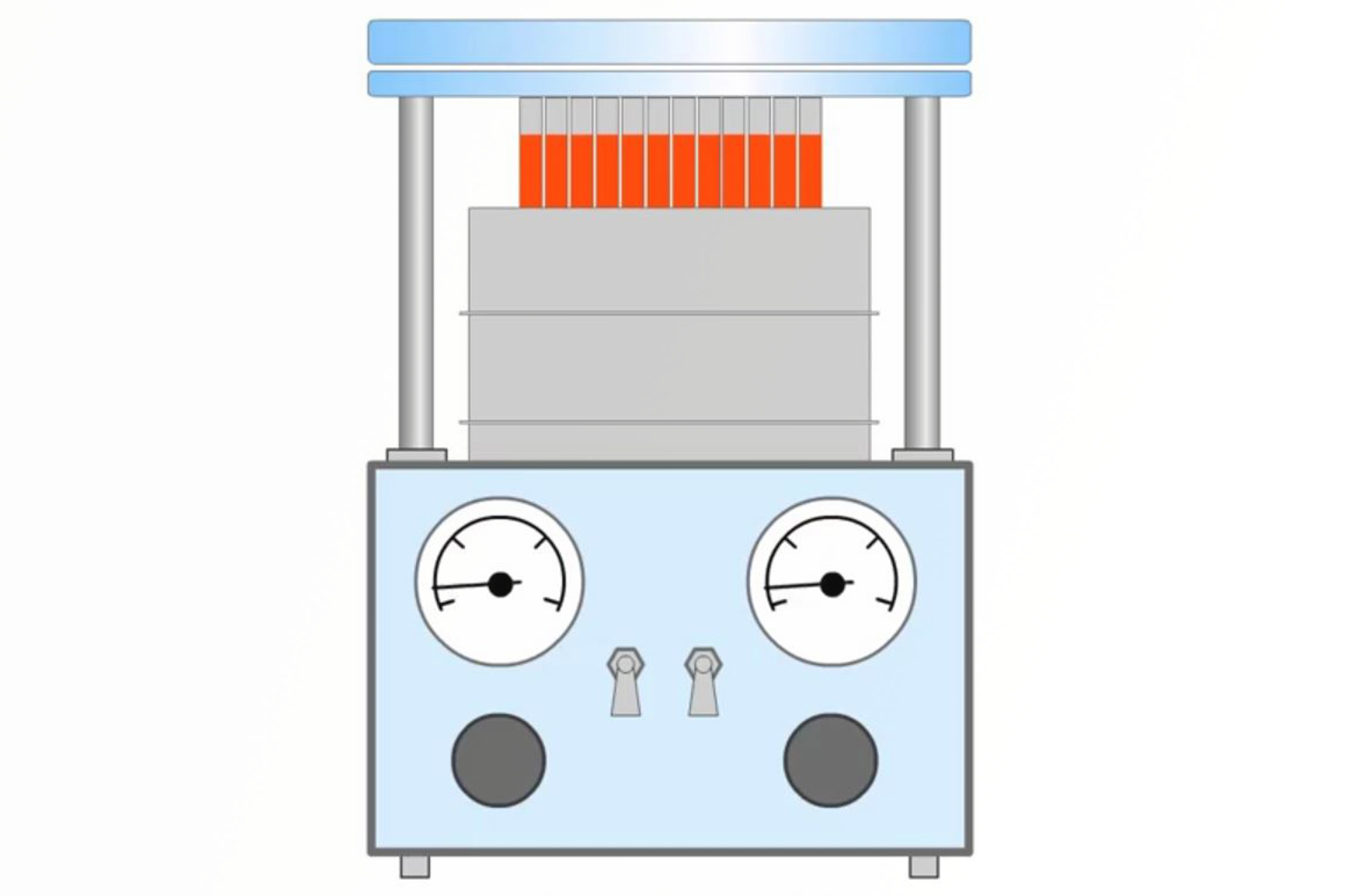
SPE Method Development
This module fully investigates the various aspects of practical SPE, as well as describing the basic principles and stages of method development in SPE.

Exploring Analytical Automation: What it Means for Your Lab
Whether you’re new to automation or looking to refine your approach, this webcast will demystify analytical automation—from the different platforms available to how they integrate into laboratory workflows.
